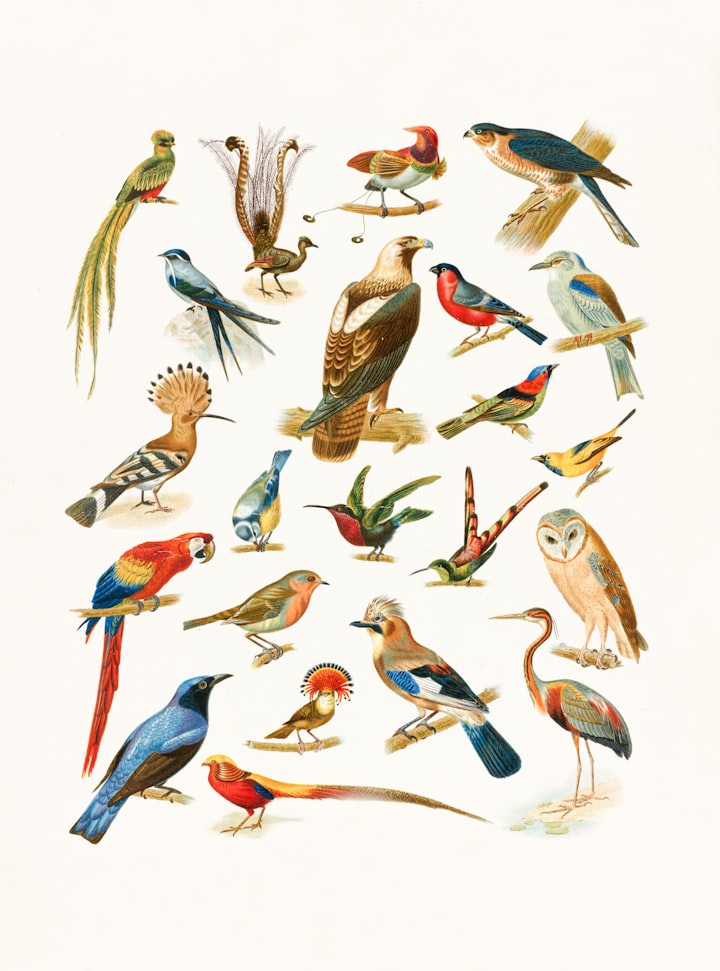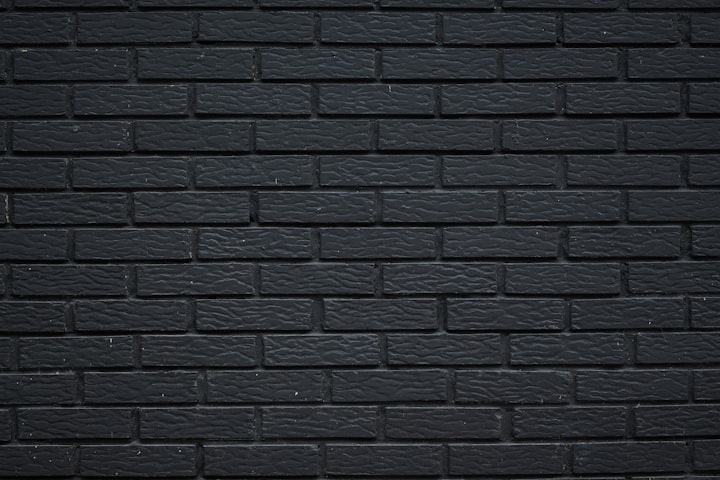
Chaucer was and still is one of the greatest influences in the literary world. Some see Chaucer as the father of literature possibly because of the way he wrote poetry not ordinarily but with words that were glossed over to make it even sound poetic. He was mostly known for the Canterbury Tales. “The Parliament of Fowls” starts off as Nature telling the birds to decide who to love because it is almost spring and the birds need to procreate and produce offspring before they all become extinct. Chaucer’s views on class are exposed in Parliament of Fowls by having Nature choosing to speak to the eagle first, the eagle can be expressed as a representation of noble society and the birds that are chosen last are the smaller and weaker species, which represents the lower classes. But, how does Chaucer’s use of language contribute to lines from 365 to 378 create meaning within the context as a whole?
Firstly, without the passage the story would not make any sense; it changes the dynamic of the storyline; in this particular passage it expresses the importance of nature and women because women did not have many rights and were consistently repressed in society. The two male birds can not decide who should have the one female bird and so the decision comes down to her, which in the time period which Chaucer was writing in, this was a rare incident to give a woman power or in this case a female bird, but instead of choosing she decides to wait another year, which then adds on to the irony of the poem because “the fowls” were meant to choose a mate to reproduce and this slowed down the process, which makes the whole situation even more ridiculous than it already is. In other stories and literature, the man is always chasing the women, but the woman becomes more desirable by playing hard to get and Chaucer expresses this through lines 365 to 378:
“What shulde I seyn? of foules every kinde
That in this world han fethres and stature,
Men mighten in that place assembled finde
Before the noble goddesse Nature,
And everich of hem did his besy cure
Benignely to chese or for to take,
By hir acord, his formel or his make.
But to the poynt – Nature held on hir honde
A formel egle, of shap the gentileste
That ever she among hir werkes fonde,
The moste benigne and the goodlieste”
(The Parliament of Fowles - Wikisource, the free online library. 2022.)
The meaning of the passage changes along it starts off as describing the different types of birds that are present in the “parliament” and Nature is depicted as a goddess to highlight how important nature is when it comes to growing and changing. The lines in the passage progresses, to describe the female eagle as the most gracious and courteous and kind, which is how most women would be described in romantic poetry. It seems that Nature is respecting the female more than the male and that would bring up controversies in the 14th century because women tended to have the second opinion or be regarded as the second to men and were expected to be submissive. When Nature kisses her beak Chaucer breaks the rules of conformity creating a more respectful environment towards women.
The rhyme, meter and the sound of the poem only create the tone of the poem, but Chaucer wrote most of his work like this and when reading it out loud there is the faint sound of a Scottish accent, which does not affect the poem or story in any way. However weird it may sound out loud, there is a flow that goes with it because of the rhyming scheme and the reader will not notice it as much when reading it quietly to oneself. The rhyming scheme goes A, B, A, B, which influences the poem or story as whole because it creates a certain flow in the passage, and it makes it easier to understand as to why Chaucer wrote that way. Then when we reach line 365 it breaks the code and the rhyming scheme catches the reader off guard.
However, it is fascinating that there is one line line about men in the whole passage “Men mighten in that place assembled finde” and then it goes back to the females and it goes on for nearly the entire passage, so it is easy to see that Chaucer might have been somewhat of a feminist in the 14th century because in lines 373 until 376 it goes on about the female eagle and how beautiful and kind she is whereas the men are barely described and close to being ignored and throughout the whole passage. The poem seems that it is about males, but in the end it is the female that has control of the whole situation when Nature tells her that she has the right to choose.
In conclusion, Chaucer’s language does not affect the poem as a whole, that is just the way he expressed his writing. However, the language does not change the meaning in any way. He used allegory, and metaphors to really get his point across, he compares the species of birds to the class system and his views of the upper class are clearly expressed. The upper class has so much power that they abuse it by choosing who to love making the lower class miserable because they do not have many options when it comes to love.
About the Creator
Ada Zuba
Hello fellow interweb explorers! I am Ada Zuba. I binge the Netflix shows and just recently Disney plus has been my happy place. I am a creative person with a big love for Disney movies. I hope to one day write and publish a fantasy novel.






Comments
There are no comments for this story
Be the first to respond and start the conversation.